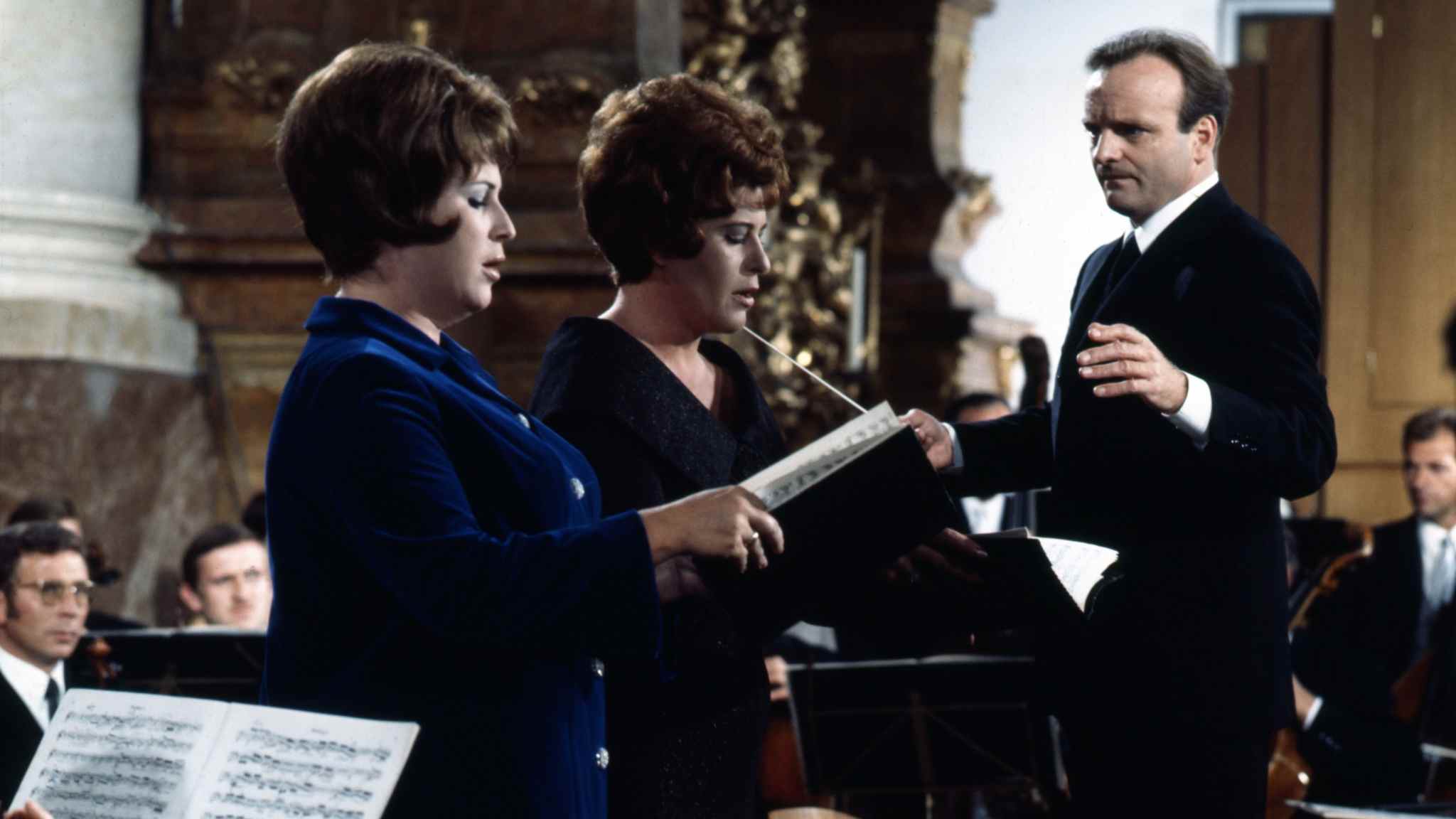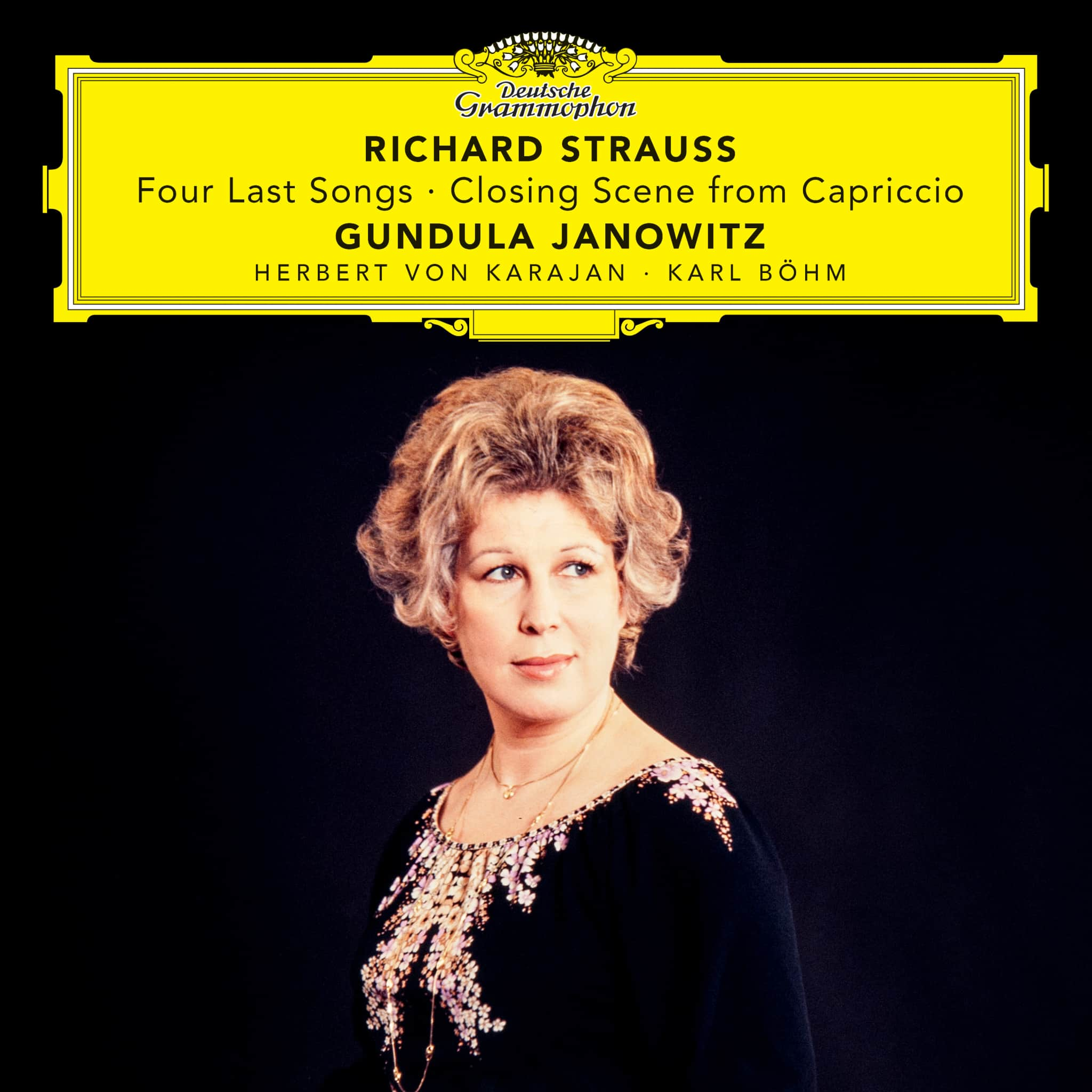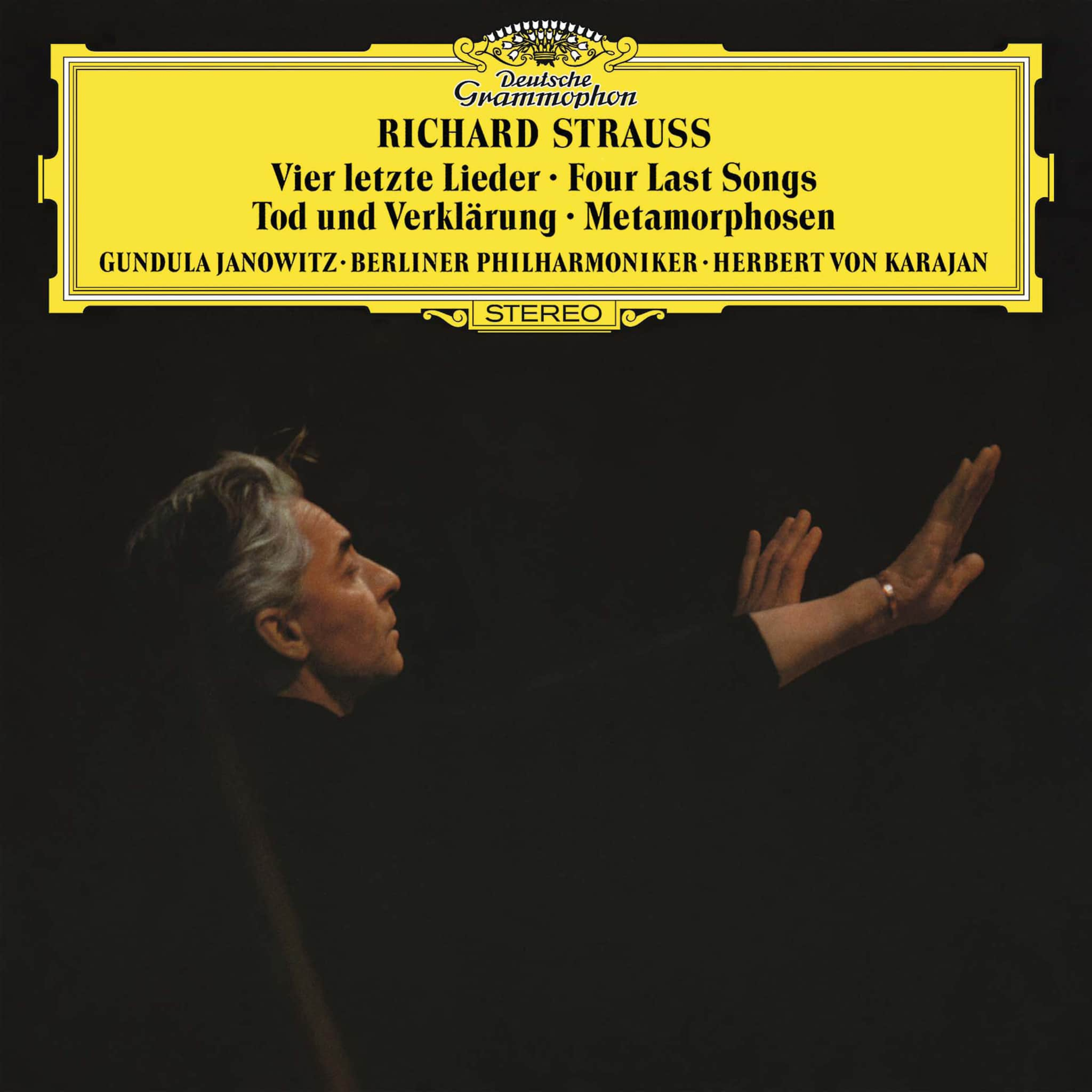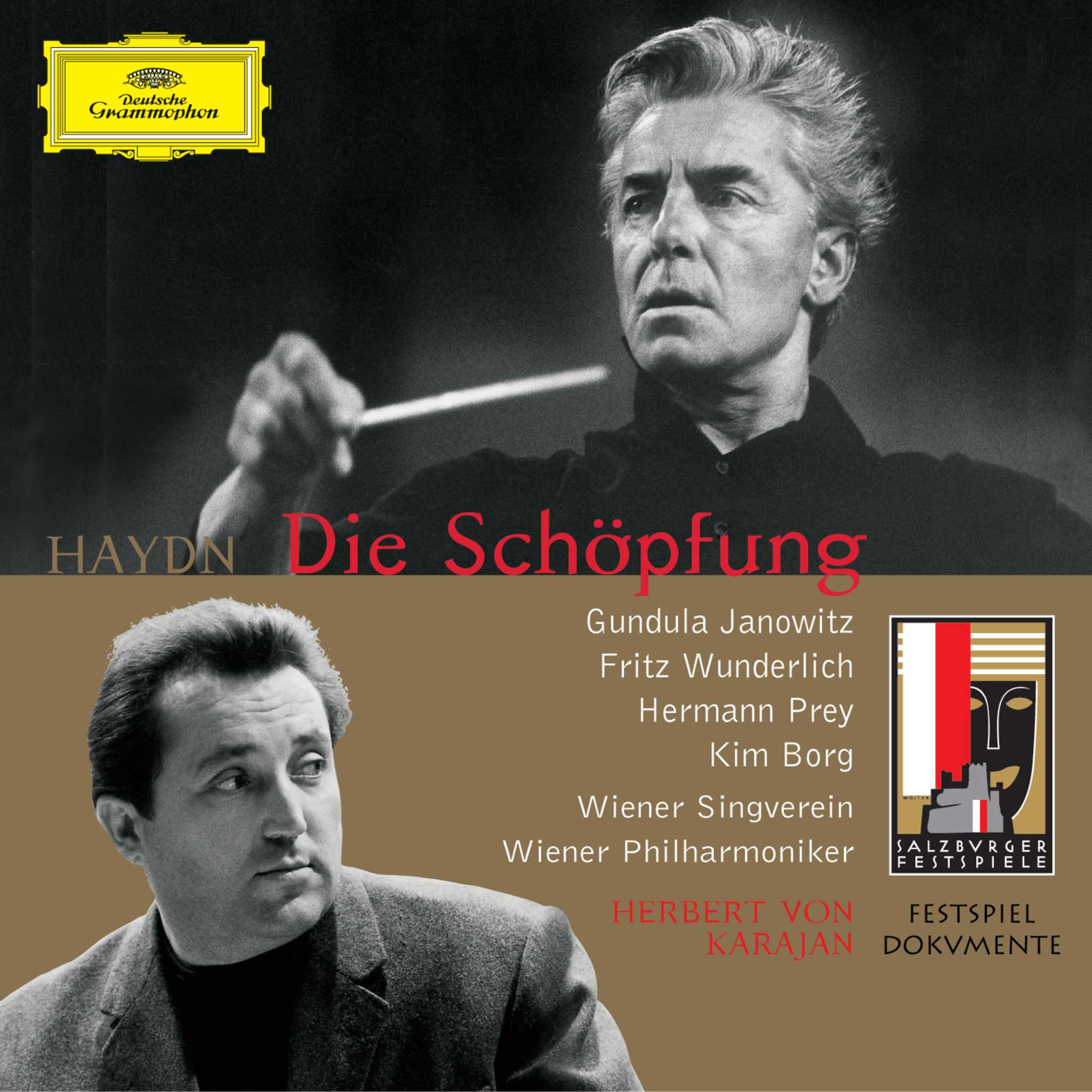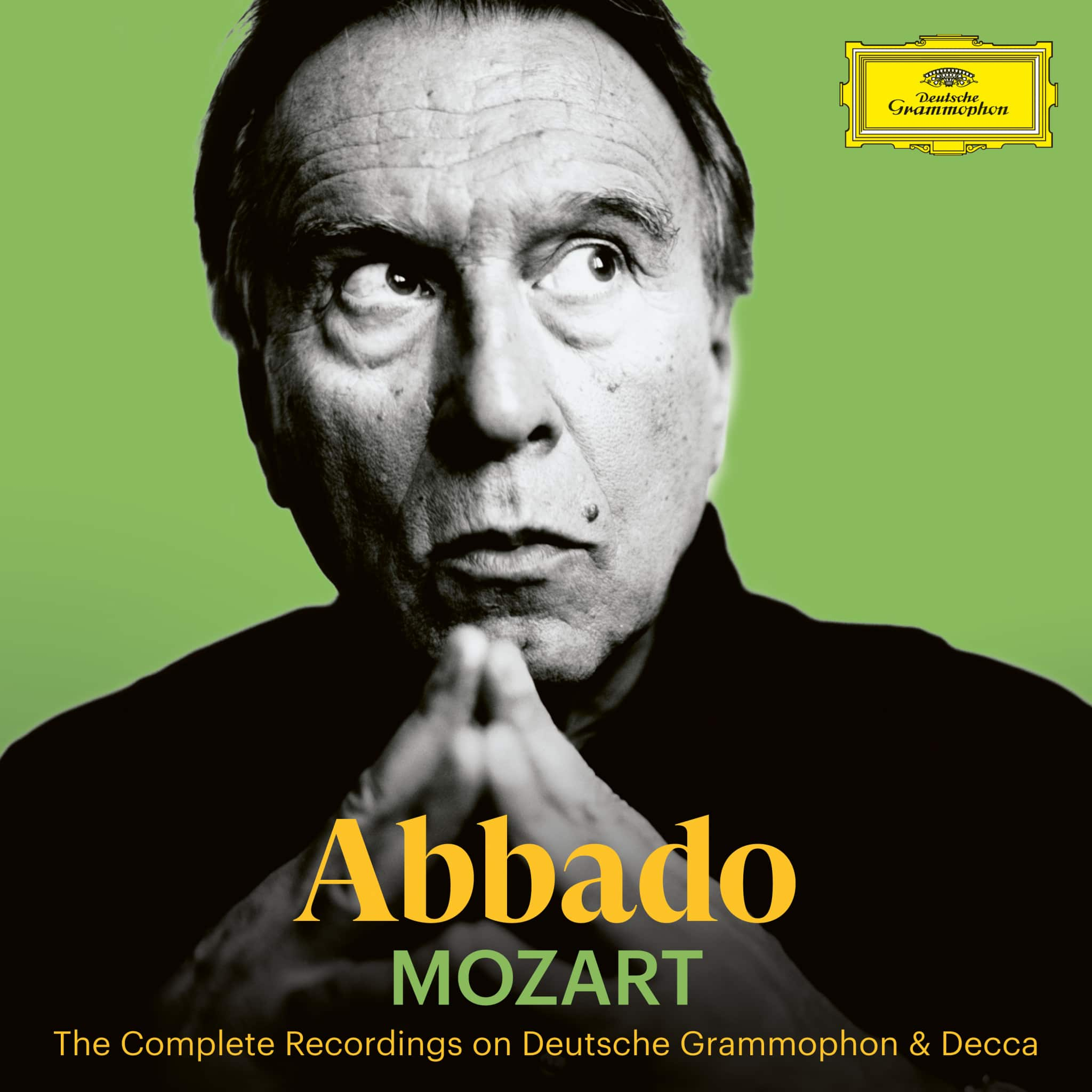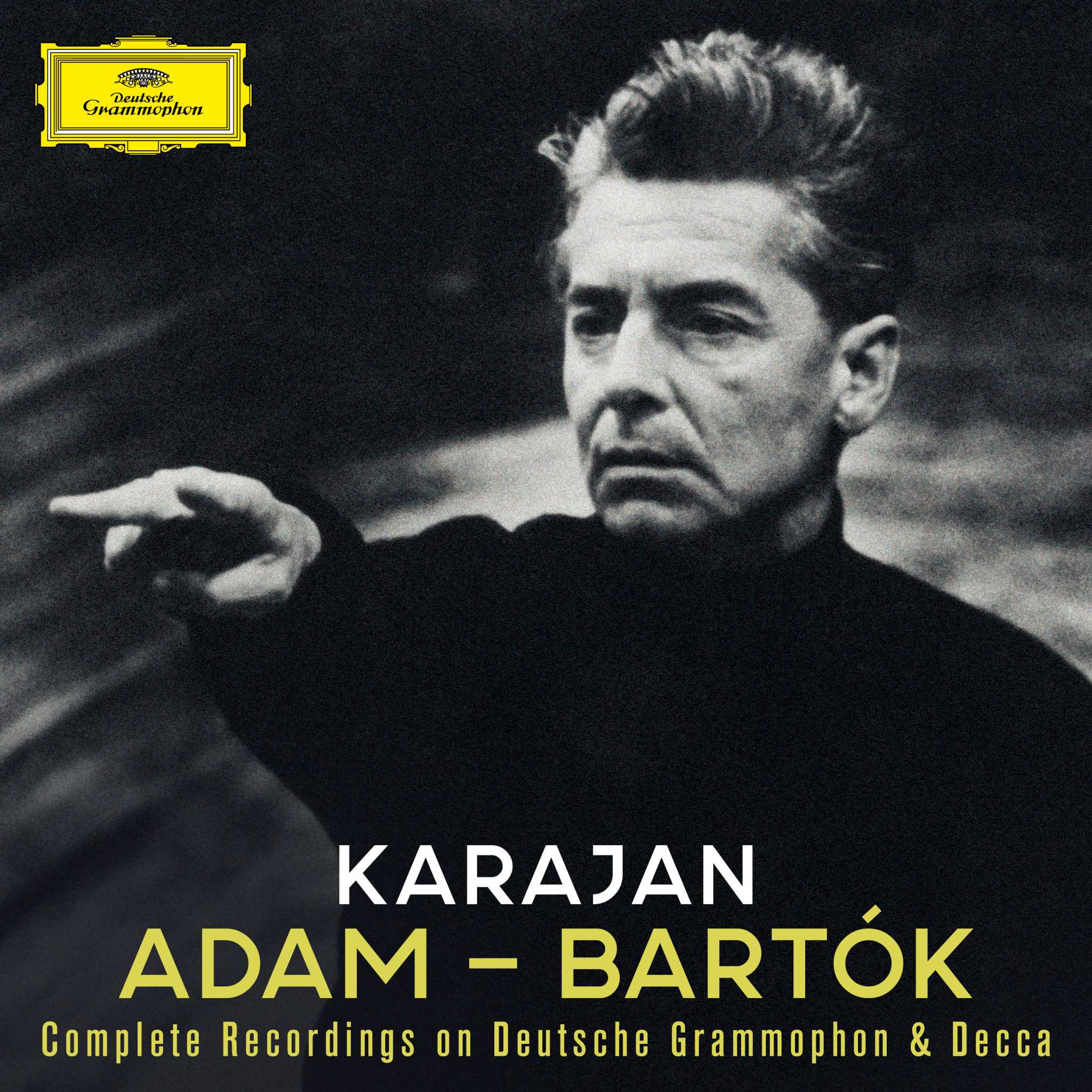Concerts and Operas
Albums
Appears On
AboutGundula Janowitz

Gundula Janowitz was born in Berlin in 1937 and was seven when she started to play the violin. She spent her youth studying at the Styrian Conservatory in Graz with Herbert Thöny and visited Bayreuth with the help of a scholarship in 1959. Auditioning for Wieland Wagner, she was invited to sing one of the Flowermaidens in Parsifal the following summer. Walter Legge had also recommended her to Herbert von Karajan, under whose direction she made her Vienna State Opera debut as Barbarina in Le nozze di Figaro in 1960. Astute listeners were as ravished by her performance as they were by her other roles in Vienna during the early 1960s: the First Lady in Die Zauberflöte, Helena in Britten’s A Midsummer Night’s Dream, and the Voice from Heaven in Don Carlo.
Janowitz was one of the last singers to spend much of her career singing with a permanent ensemble and one of the last to be able to study under Karl Böhm, Karajan, and Josef Krips. Her first international success came in 1963, when she sang Pamina in Aix-en-Provence and was hailed as a revelation. It was the conductor of these performances, John Pritchard, who then invited her to Glyndebourne to perform as Ilia alongside Luciano Pavarotti. All the more successful were her Fiordiligi in Così fan tutte in Frankfurt and her Agathe in Der Freischutz at the Deutsche Oper in Berlin. Together with Karajan, she made her Metropolitan Opera debut and opened the very first Salzburg Easter Festival in 1967, singing Sieglinde in Die Walküre. A frequent participant at the Salzburg Festival, her roles also included Donna Anna in Don Giovanni, the Marschallin in Der Rosenkavalier, and Ariadne in Ariadne auf Naxos.
Outside the festival circuit, Janowitz sang regularly with the Deutsche Oper, enjoying great success both in Berlin and Vienna, after which she ventured more frequently into the Italian repertoire. She sang the Countess in the legendary production of Le nozze de Figaro directed by Giorgio Strehler and conducted by Sir Georg Solti, which in 1973 inaugurated the Rolf Liebermann era at the Paris Opera; and made her debut at the Royal Opera House, London as Donna Anna in 1976. Janowitz’s voice was a lyric soprano of crystalline clarity and the most exquisite timbre and remarkable dynamic expansion. Her intonation is even, her vibrato controlled, and her top notes her hallmark, which she began completely effortlessly and then allowed to increase in volume, along with the instrumental handling of her voice and her ability to draw the most subtle distinctions between different degrees of piano and pianissimo.
Janowitz was active not only in opera, but also as a concert singer and song recitalist. In the great choral works, including the choral symphonies, she brought her calmly focused sound and seraphic tonal beauty to the soprano parts. As a Lieder recitalist, she became an especially notable interpreter of Schubert lieder and of Richard Strauss’s Vier letzte Lieder.



